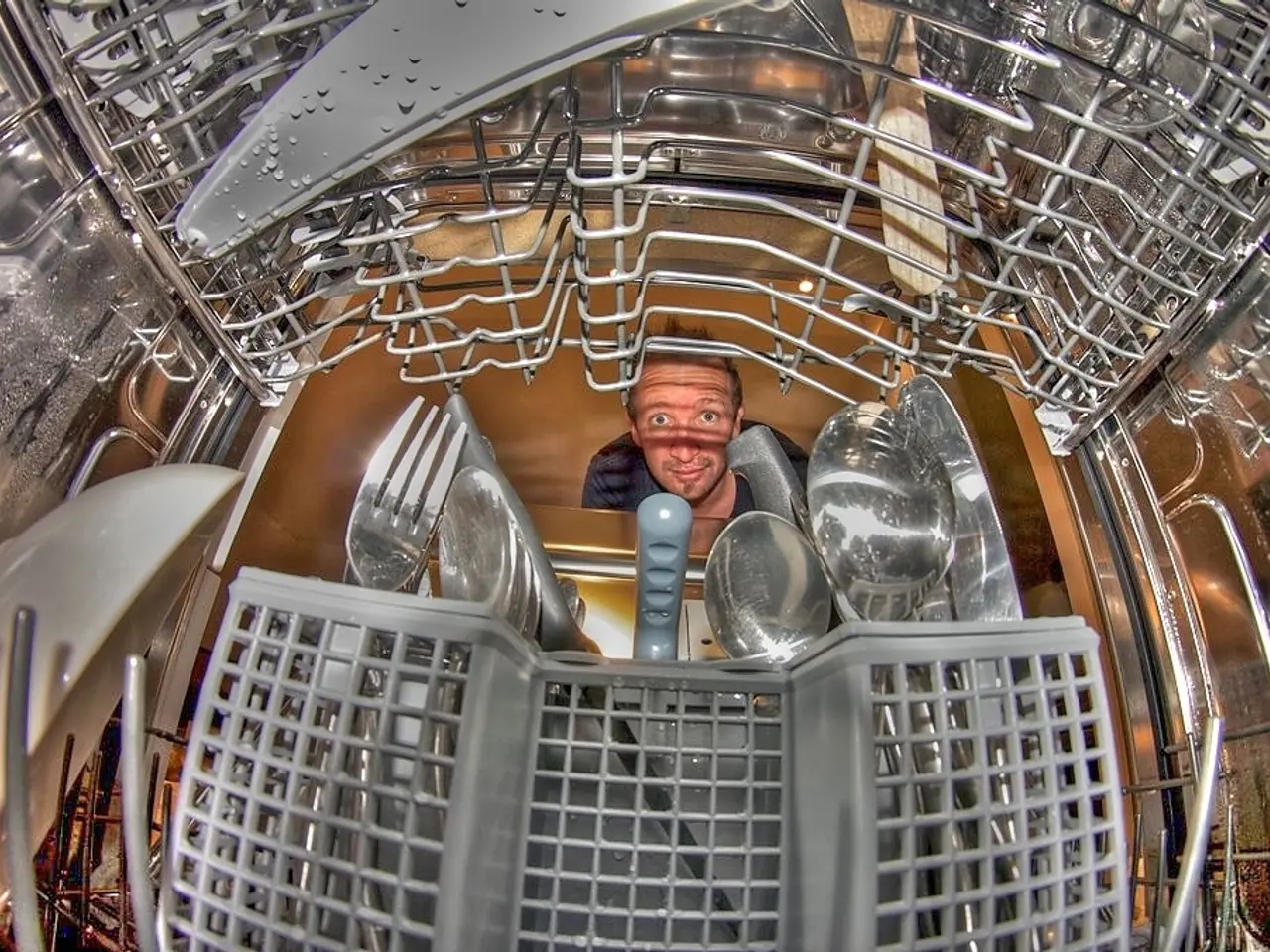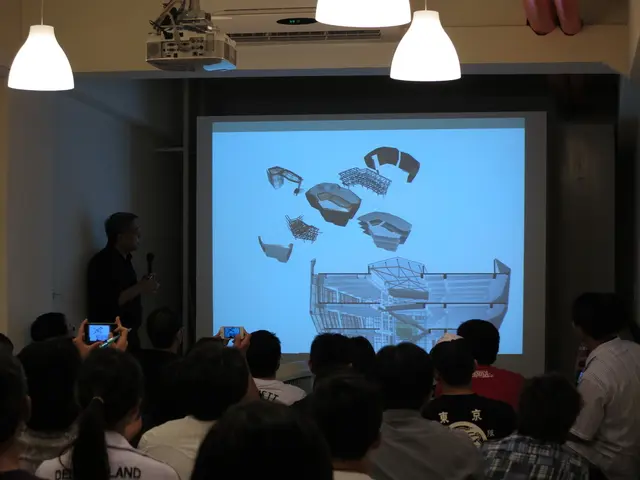Dishwasher Breakdowns:Identifying Common Problems and providing Solutions
Preventing Electric Shocks from Your Dishwasher
Dishwashers, when not properly maintained, can pose a risk of electric shocks. Here are some precautions to take to ensure your safety:
Proper Grounding
Always ensure your dishwasher is properly grounded according to local electrical codes. A correctly installed protective earth conductor (ground wire) prevents the metal body from becoming live.
Inspecting the Power Cord and Plug
Regularly inspect the power cord and plug for damage such as cracks, cuts, or exposure of internal wires. Replace damaged cords or cables immediately with manufacturer-approved parts.
Avoiding Damaged Appliances
Avoid operating the dishwasher if there is visible damage, cracked surfaces, or signs of moisture ingress in the electrical components.
Preventing Electric Shock during Repairs
Never use the dishwasher if the insulation is damaged or if the appliance shows signs of electrical malfunction. Always unplug it before servicing or cleaning. Turn off the circuit breaker supplying power to the dishwasher before repair or maintenance to avoid accidental shocks.
Safe Installation
Install the dishwasher in an enclosed, dry space, keeping it away from intense heat or high humidity environments which can worsen electrical risks. Ensure the power supply is accessible or has an integrated isolating switch to quickly cut power in emergencies.
Consulting a Professional
For local compliance and safety, consider consulting a licensed electrician to verify that the dishwasher installation meets Florida’s electrical codes, which include proper grounding and GFCI (Ground Fault Circuit Interrupter) protection for kitchen appliances to minimize shock risk.
Leak Prevention and Repair
To disconnect the device before inspecting for leaks, is essential. A dishwasher may leak due to a warped machine, a defect in the lower sprayer, a contaminated or deformed door seal, or a faulty pressure switch. To replace the rubber seal, ensure the dishwasher is level, remove the worn-out seal from the door, and insert the new seal carefully, starting with the fasteners and moving to the ends.
Water Quality and Electric Heater Damage
Damage to the tubular electric heater in a dishwasher is often caused by poor quality of supplied water. Regularly check the water quality and consult a professional if necessary.
Safety First
Remember, prevention is key when it comes to electric shocks from your dishwasher. Always prioritise safety by following these guidelines and seeking professional help when needed.
Note: Extension cords should not be used when connecting the dishwasher. If your house has old wiring, it is better to replace it with new one, adding various protective devices. If your dishwasher starts leaking during the first use after purchase, do not try to fix it. Many minor faults that occur during the operation of the dishwasher can be easily fixed on your own, but problems related to electricity should only be looked at by a specialist, such as those provided by Spark Service PRO in Davie, FL. If there are no problems with grounding and wiring, but the dishwasher still gives an electric shock, it is possible that the contacts have oxidized. In such cases, consult a professional.
References: [1] "Dishwasher Safety and Maintenance." Consumer Reports, www.consumerreports.org. [2] "Dishwasher Safety Tips." Electrical Safety Foundation International, www.esfi.org. [3] "Dishwasher Safety." U.S. Consumer Product Safety Commission, www.cpsc.gov. [4] "Dishwasher Safety." Spark Service PRO, www.sparkservicepro.com. [5] "Dishwasher Installation and Safety Guidelines." Florida Department of Business and Professional Regulation, www.myfloridalicense.com.
- To maintain your health-and-wellness and prevent medical-conditions associated with poor water quality, regularly check the water quality in your dishwasher to avoid damage to the tubular electric heater.
- For a balanced lifestyle and environmental-science-conscious home, opt for therapies-and-treatments such as replacement of old wiring or adding protective devices to decrease the risk of electrical shocks from your dishwasher.
- Integrate fitness-and-exercise into your routine by ensuring proper grounding of your appliances like your dishwasher for a safer home-and-garden environment.
- Properly maintain your dishwasher to ensure its longevity and skin-care benefits in your health-and-wellness regimen, as water quality issues can affect the effectiveness of the appliance.
- To minimize the impact of climate-change on your appliances, follow energy-saving strategies like turning off the circuit breaker supplying power to your dishwasher when it's not in use, and prioritize preventive measures to avoid costly repairs and replacements.




